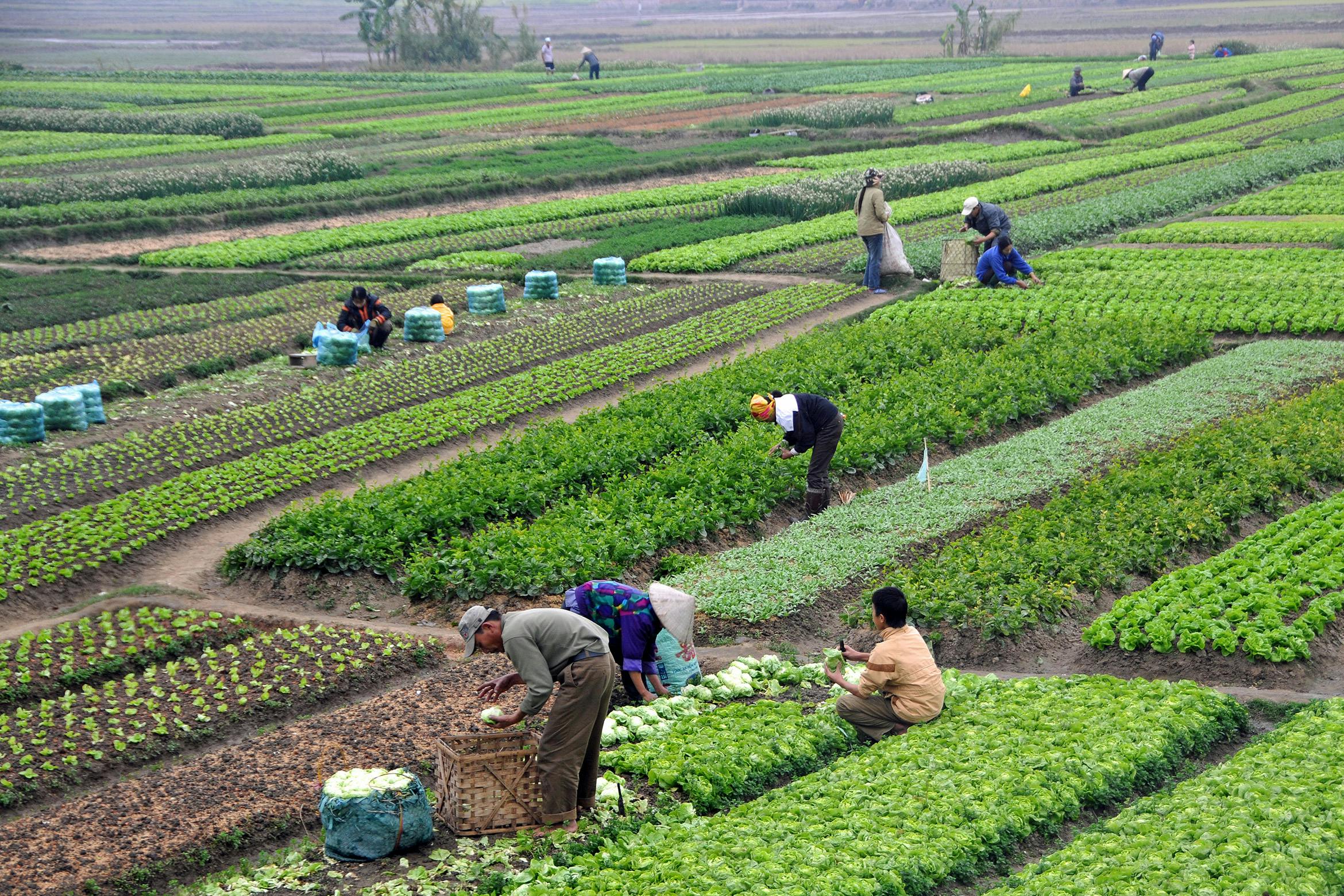

8. Decent work and economic growth
Over the past 25 years the number of workers living in extreme poverty has declined dramatically, despite the lasting impact of the 2008 economic crisis and global recession. In developing countries, the middle class now makes up more than 34 percent of total employment – a number that has almost tripled between 1991 and 2015.
However, as the global economy continues to recover we are seeing slower growth, widening inequalities, and not enough jobs to keep up with a growing labour force. According to the International Labour Organization, more than 204 million people were unemployed in 2015.
Read our stories to learn more about SDG Goal 8: Decent work and economic growth
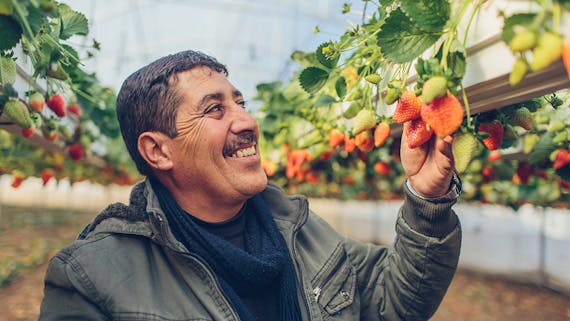
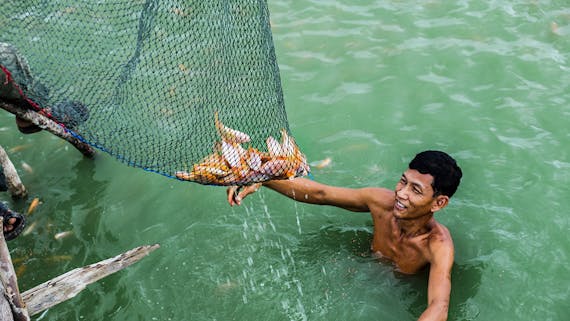
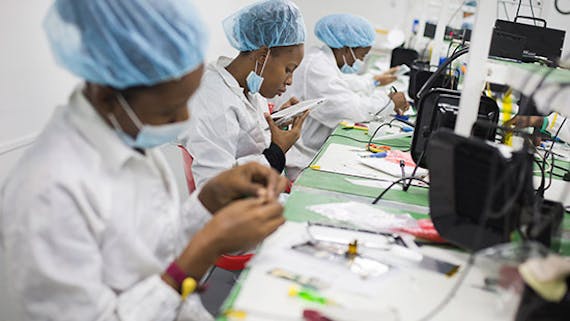
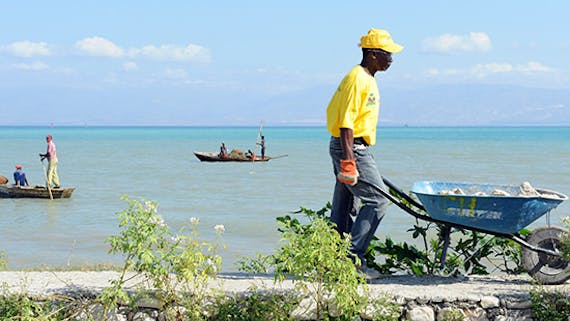
To adopt SDG 8 Decent work and economic growth, in support of the 17 Sustainable Development Goals, please contact us at partners@eco-business.com
Adopt this goalBerita

Kebijakan & Keuangan
Q&A: What China’s push for ‘new quality productive forces’ means for climate action


Pangan & Agrikultur
Climate and finance crises could leave 600 million hungry by 2030

Kebijakan & Keuangan
How Chinese climate disclosures can drive emission cuts
Kebijakan & Keuangan
Lack of job growth for Bangladesh’s youth fuels campus protests
Opini


Pangan & Agrikultur
Vietnam’s rice land restrictions: Time for a rethink?

Pangan & Agrikultur
AI can transform global food security and climate action

Kebijakan & Keuangan
Navigating the UAE Consensus: How should businesses in the Middle East respond?
Kebijakan & Keuangan
The flaws in sustainability reporting
Kebijakan & Keuangan
How Europe can get the green deal done
Karbon & Iklim
Strengthening Asia's voice for sustainable development
Kebijakan & Keuangan
Delhi's dilemma: a growing economy and growing unemployment
Video

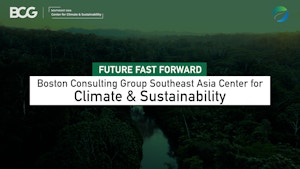
Kebijakan & Keuangan
Tackling climate change in a mosaicked Asia

Bangunan Ramah
Getting our urban environment to net-zero

Karbon & Iklim
Women in STEM driving sustainability
Podcasts

Karbon & Iklim
‘Five years ago, everyone wanted to be Elon Musk’: Where is climate tech in Southeast Asia now?

Kebijakan & Keuangan
The race to insure Southeast Asia against climate risk

Kebijakan & Keuangan
‘We do not just adopt global standards, we respond to domestic challenges’: Philippine central bank exec Lyn Javier

























